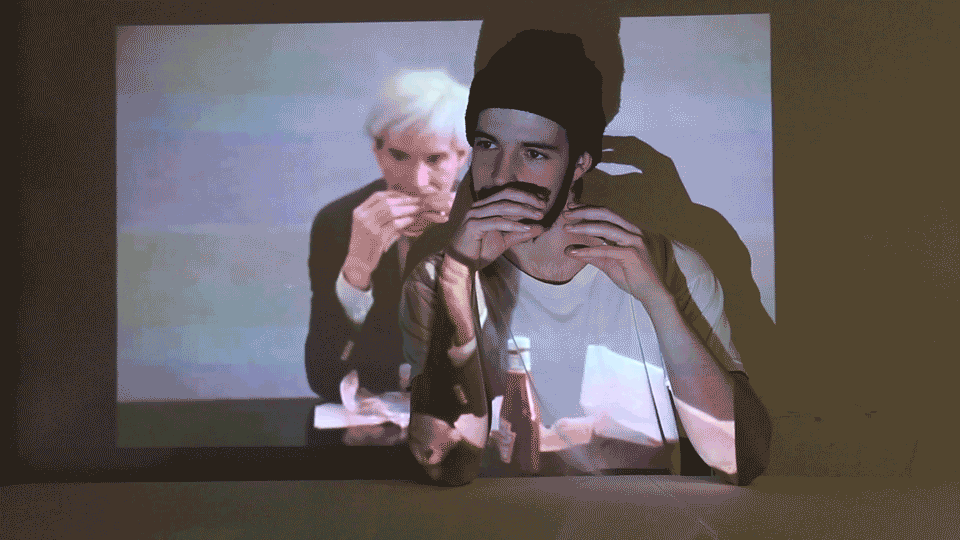Conceptual confrontation of ideals & Designing interfaces for unique "imperfect" cognitive models to support those challenged by psychosis.
SlowMo - the first digital therapy platform for paranoia. Awarded AXA Healthcare Award 2016.
MOTIVATION
How can we design to help individuals with 'imperfect', unique to us to empower them to overcome challenges they face on an everyday basis.
High number of individuals suffer from paranoid & suspicious thoughts, whilst there are limitations on # of patients that can be treated; yet no patient empowerment outside the therapy room.
INTERVENTION
Designing interactive interfaces in an Inclusive Human centric design process, alongside therapists and with constant iterations in clinical trials with patients. The user interface is developed to cater for diverse and unique cognitive models across a wide demographic, celebrating and empowering the differences between us as individuals, confronting notions of norm and perfect in mental health.
In collaboration with Anna Wojdecka, Helen Hamlyn Centre of Design, Psychosis Research Partnership, King's College London. Research funded by the NHS.
MOTIVATION
The notion of perfection has been one of mankind’s utopian pursuits for millennia. In a society where every action and every move comes under scrutiny, this ambitious aim feels particularly acute today.
By using quick fire design approaches like this as a practice, we can produce multi-faceted communication assets and probe how we communicate the same message in different ways. As we continue to work as a collective in future, projects like these will allow us to assess the effectiveness and impact of how we translate our ideas to our audience.
INTERVENTION
For this project, we used Jørgen Leth’s Det Perfeckte Menneske (The Perfect Human) as a starting point to dissect the concept of perfection in different ways.
John challenged the concept through the physical and superficial exploration of his body and its ‘flaws’ to create a 3D environment that could be explored as a landscape.






Edward explored the question of how we project perfection on ourselves? The Herd plays with an archetypal act (clinking wine glasses) to highlight the banality of common conceptions of perfection and how we unquestioningly absorb these into our everyday lives.
As with the original movie any attempt at representation of perfection carries a sense of progressive melancholy. While the film presents ideals of beauty and intelligence, we have time to question and see the fallacies in these.
In collaboration with John Bertolaso, Edward Brial and Takhram design studio.






